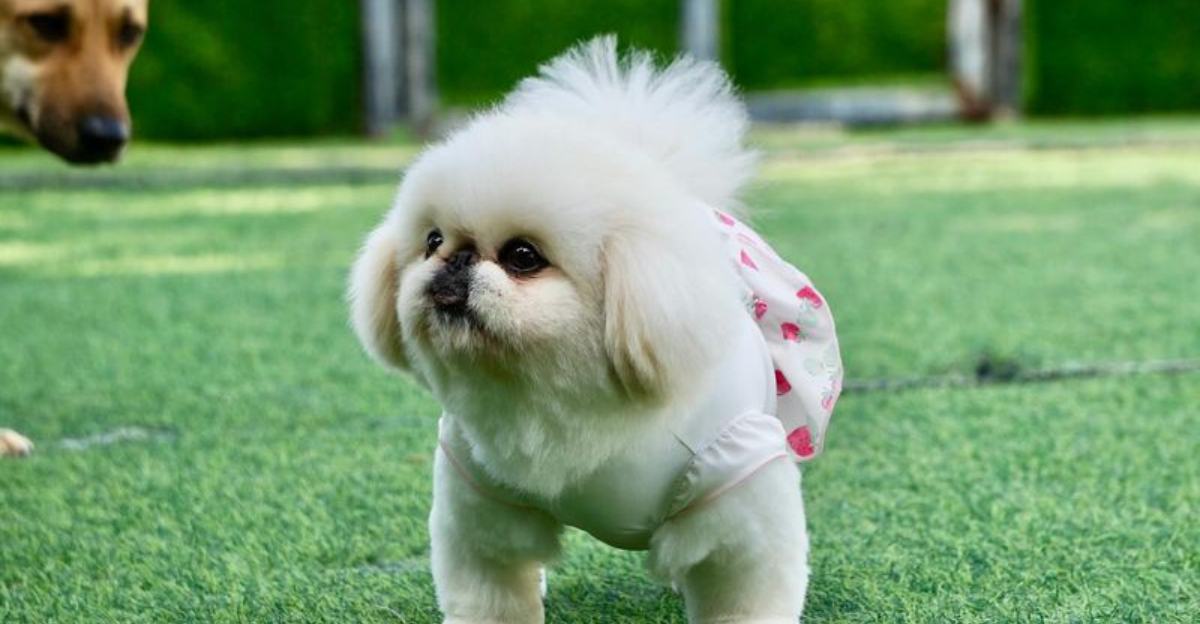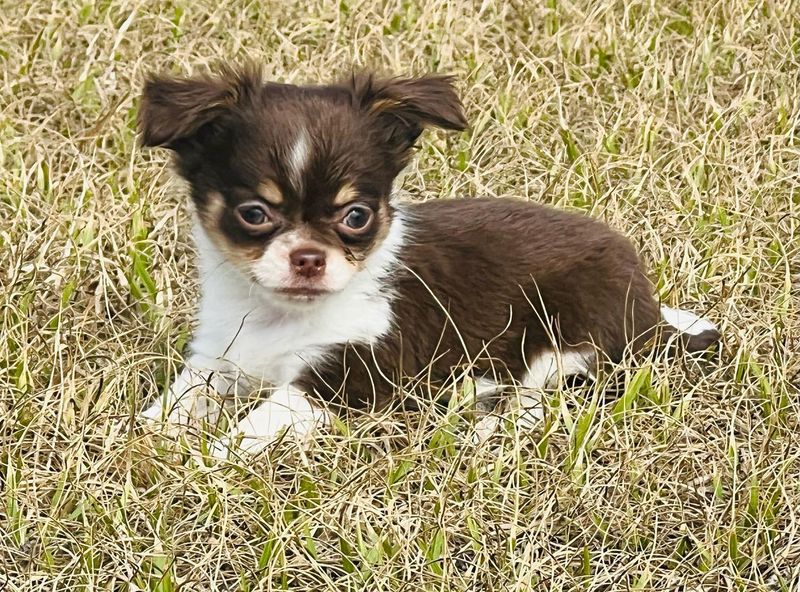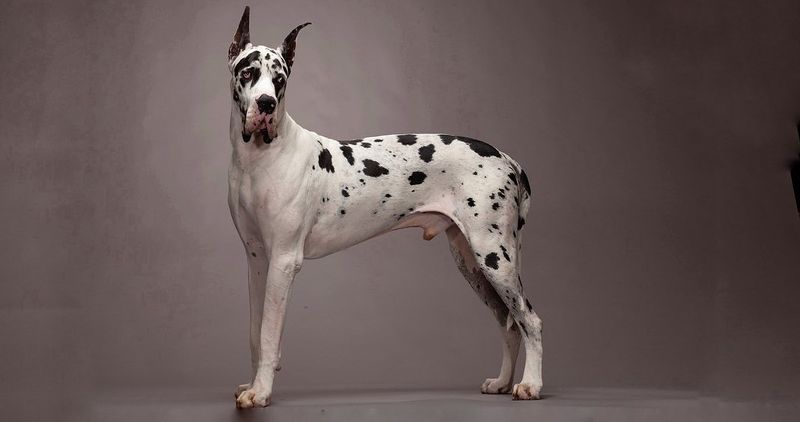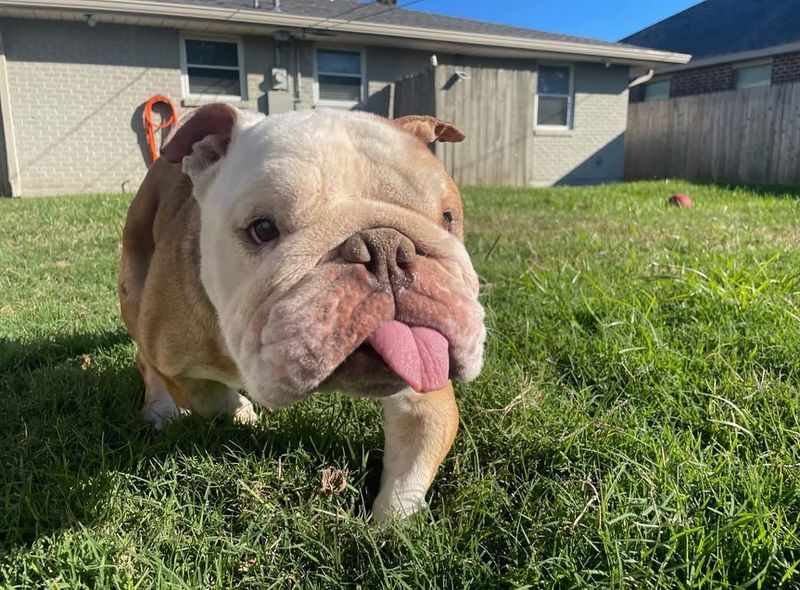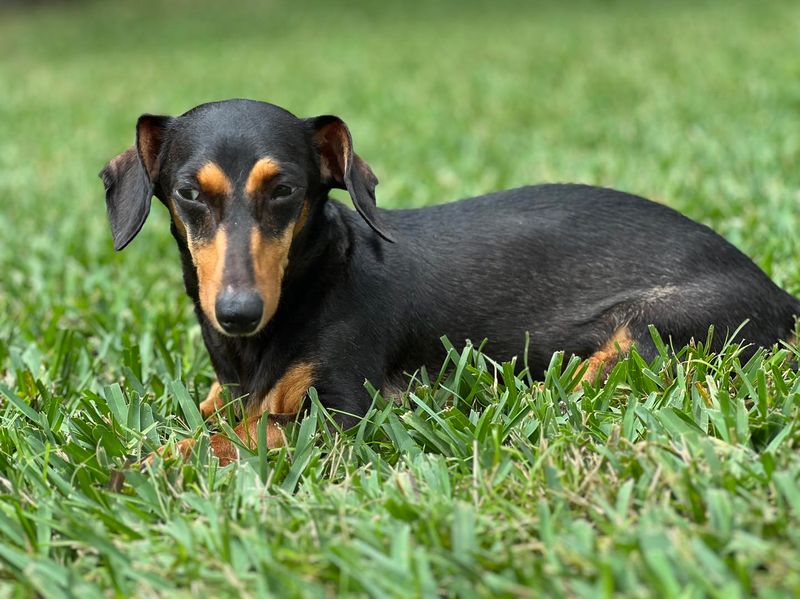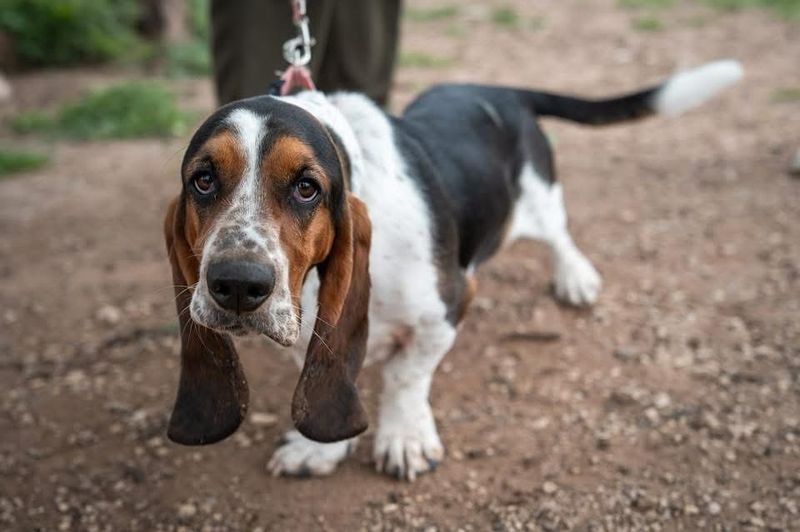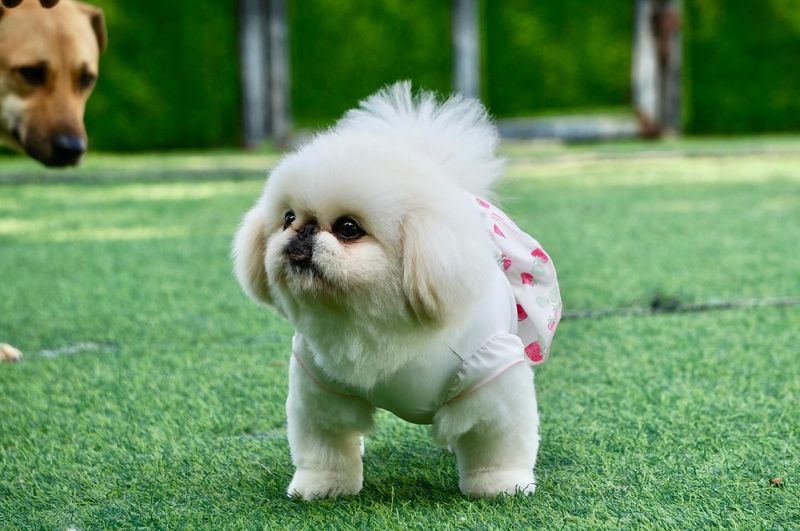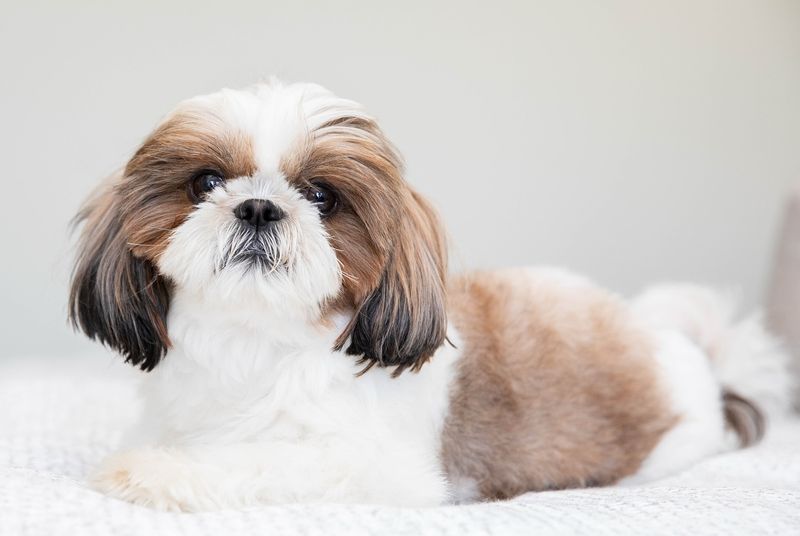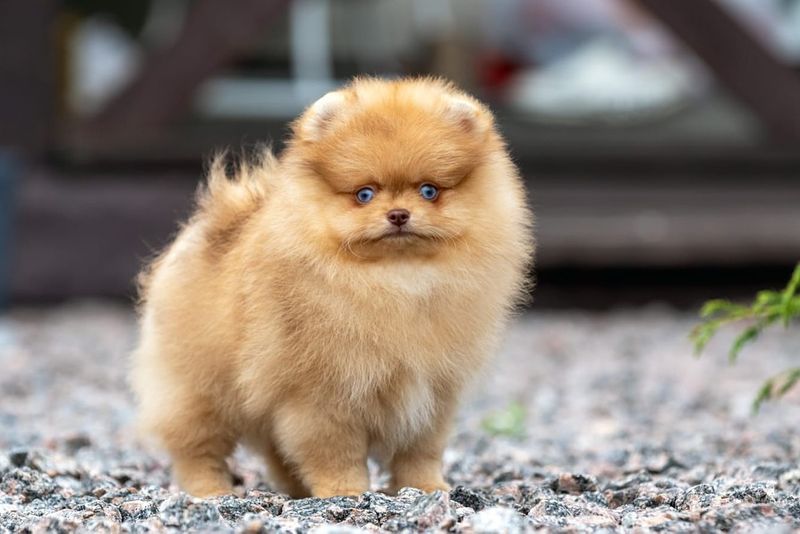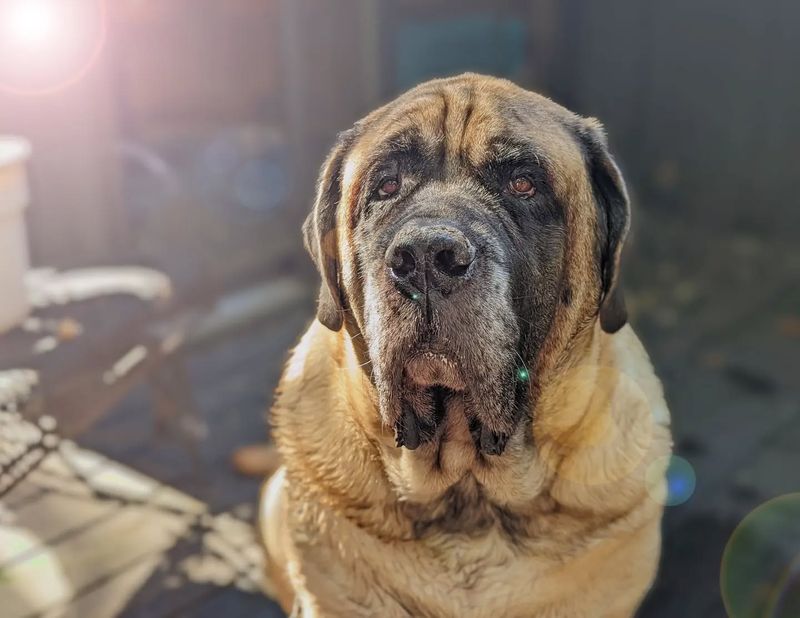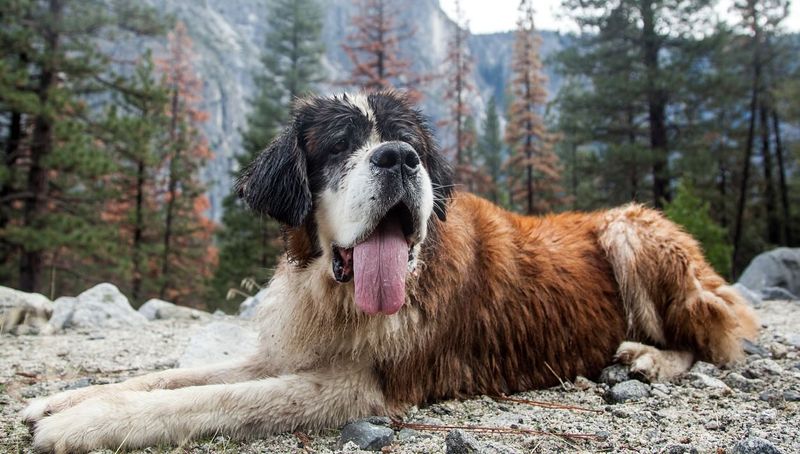German Shepherds are a beloved breed known for their intelligence, loyalty, and protective nature. However, not all dog breeds are compatible for crossbreeding with German Shepherds. This blog post explores twelve specific dog breeds that should not be crossed with German Shepherds. Each breed has unique characteristics that might clash with the German Shepherd’s traits, potentially leading to health, behavioral, or compatibility issues. Discover why these combinations might not be the best choice for a harmonious blend.
Chihuahua
Chihuahuas are known for their spunky personalities and small stature. While they may be charming, crossing them with a German Shepherd could lead to health issues due to size differences.
The Chihuahua’s delicate frame may not blend well with the robust nature of a German Shepherd, potentially leading to joint and growth problems.
Moreover, the contrasting temperaments might result in unpredictable behavioral traits, making them difficult to manage. This combination might not be ideal for families looking for a stable and predictable companion.
Great Dane
With their towering height and gentle demeanor, Great Danes are gentle giants. However, their size is a stark contrast to the medium-sized German Shepherd.
Breeding these two could result in offspring with joint issues and a shorter lifespan. The Great Dane’s calm nature might clash with the German Shepherd’s energetic spirit, leading to behavioral inconsistencies.
Understanding these differences is crucial for anyone considering this mix, as it can present numerous challenges in terms of health and training.
Bulldog
Bulldogs are adored for their unique appearance and laid-back nature. Yet, when crossed with a German Shepherd, the potential for respiratory problems increases.
The Bulldog’s brachycephalic traits might conflict with a Shepherd’s more elongated snout, leading to breathing issues.
Additionally, the energy levels vary greatly, with Bulldogs enjoying a more sedentary lifestyle. This can result in a mismatched energy dynamic that complicates daily interactions and routines.
Dachshund
Dachshunds are famed for their playful, clever nature and elongated bodies. However, mixing them with a German Shepherd poses risks.
The size and structure differences can lead to back problems, particularly concerning spinal health. The Dachshund’s tenacious hunting instincts might clash with a Shepherd’s herding behavior.
The result could be a dog that struggles with behavioral consistency, which may be challenging for owners to manage effectively.
Pug
Pugs, with their charismatic appearance and friendly disposition, are beloved family pets. Crossing them with a German Shepherd could result in significant health challenges.
The Pug’s flat face may lead to severe breathing difficulties when mixed with a Shepherd’s longer muzzle. Additionally, the Pug’s laid-back personality might not mesh well with the energetic and vigilant Shepherd.
These differences could create a dog that is difficult to train and manage, making this mix an unwise choice for prospective owners.
Basset Hound
Basset Hounds are known for their easygoing nature and distinctive droopy ears. Crossing them with a German Shepherd could lead to health and behavioral problems.
The Basset’s long ears and heavy body might not complement the Shepherd’s agile build, potentially causing joint issues. Additionally, the Basset’s scent-driven nature might conflict with the Shepherd’s protective instincts.
These conflicting traits can result in a pet that is hard to train and manage, requiring careful consideration before attempting such a mix.
Pekingese
The Pekingese is a breed known for its regal appearance and independent attitude. However, crossing it with a German Shepherd isn’t advisable.
The Pekingese’s flat face can exacerbate breathing problems when combined with a Shepherd’s more athletic physique. Additionally, the Pekingese’s independent and sometimes stubborn nature might clash with the Shepherd’s need for guidance and direction.
This breed mix could result in a dog with health complications and difficult-to-predict behavior patterns.
Shih Tzu
Shih Tzus are adored for their lovely coats and affectionate nature. Crossing them with a German Shepherd may lead to unexpected challenges.
The Shih Tzu’s luxurious fur requires extensive grooming, which might be difficult when combined with a Shepherd’s coat. Additionally, the Shih Tzu’s docile temperament might not align with the Shepherd’s high energy and alertness.
The result could be a dog that demands significant grooming without the predictable behavioral traits owners might expect.
Pomeranian
Pomeranians are small dogs with big personalities, known for their fluffy coats. Mixing them with a German Shepherd can lead to health and character conflicts.
The size discrepancy could cause joint and bone issues, given the Pomeranian’s delicate frame. Moreover, the cheerful and independent Pomeranian might not blend well with the disciplined and energetic German Shepherd.
Such a mix could result in a pet that is difficult to manage, with unpredictable health concerns.
Mastiff
Mastiffs are known for their massive size and protective nature. Crossbreeding them with a German Shepherd could result in overwhelming challenges.
The Mastiff’s size could lead to severe joint and mobility issues, particularly when combined with the Shepherd’s agility. Additionally, the Mastiff’s more laid-back attitude might not match the Shepherd’s active nature.
This breed combination could create a pet that suffers from health problems and conflicting behavioral traits.
Beagle
Beagles are recognized for their curious and friendly demeanor. However, crossing them with a German Shepherd might not be ideal.
The Beagle’s strong scent-following instinct can interfere with the Shepherd’s herding and protective roles. Furthermore, their smaller size can create physical challenges when mixed with a larger breed.
These differences could result in a pet that struggles with training and health issues.
Saint Bernard
Saint Bernards are gentle giants, known for their rescue work in snowy mountains. Crossbreeding them with a German Shepherd might create more problems than benefits.
The Saint Bernard’s size and need for cold climates may not align well with a Shepherd’s active lifestyle. Additionally, the mix could result in severe joint issues due to the size disparity.
This combination might produce a dog with health problems that make it difficult to maintain a quality life.
